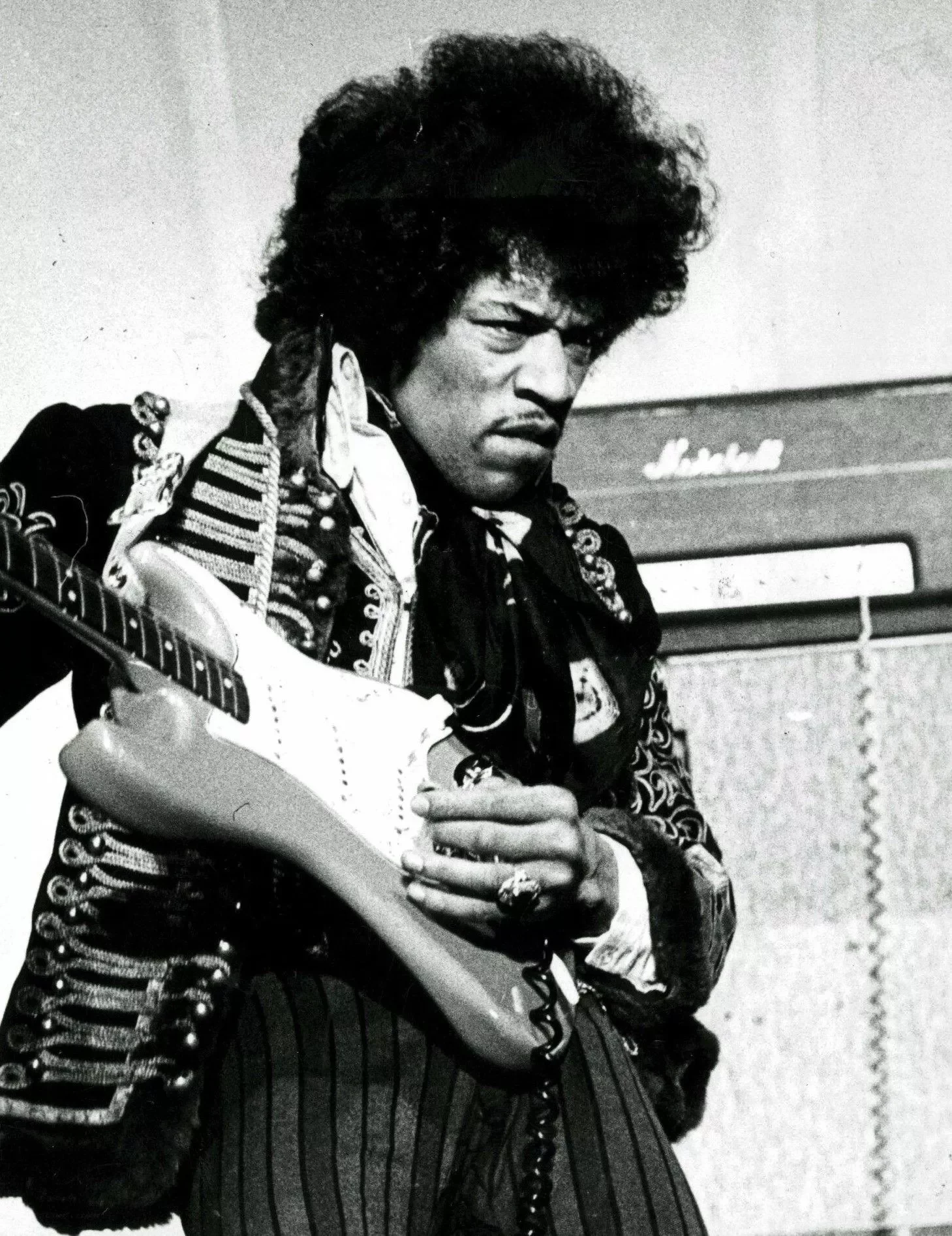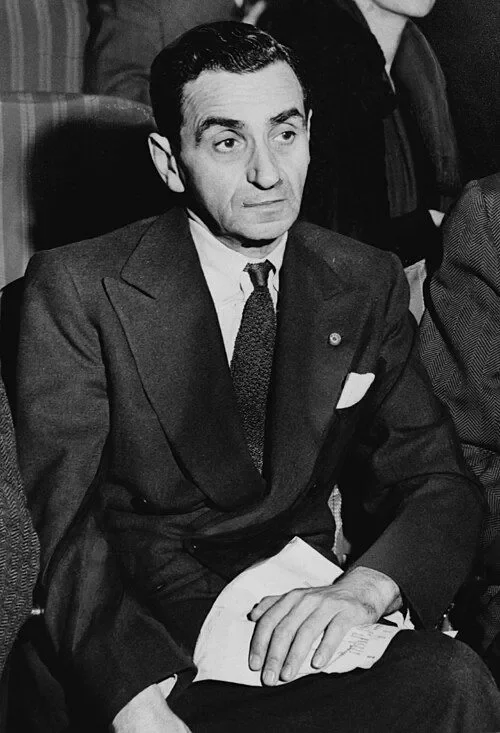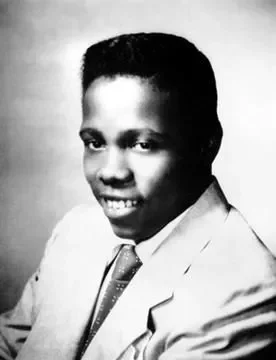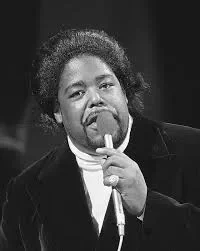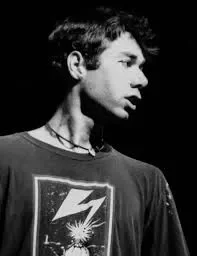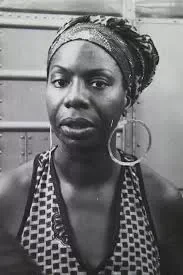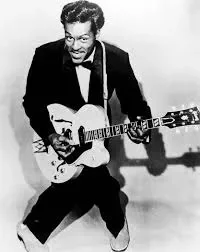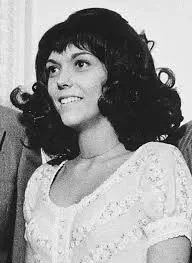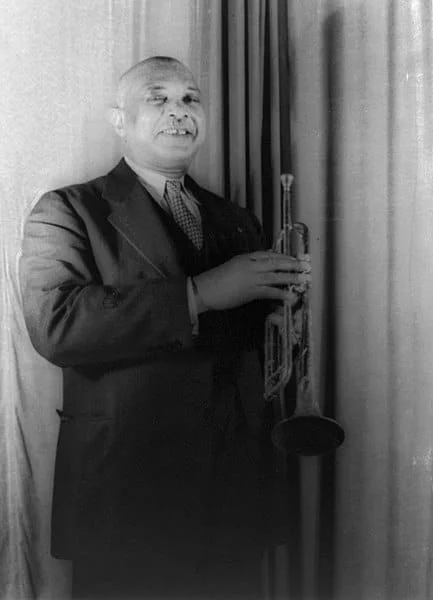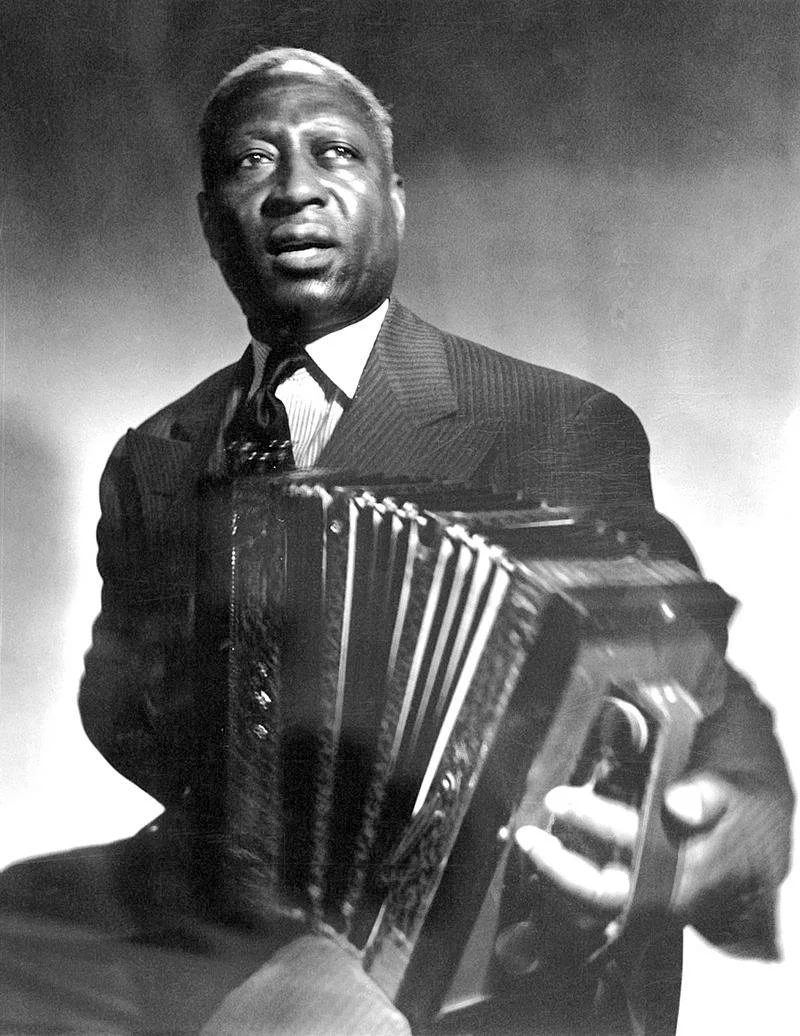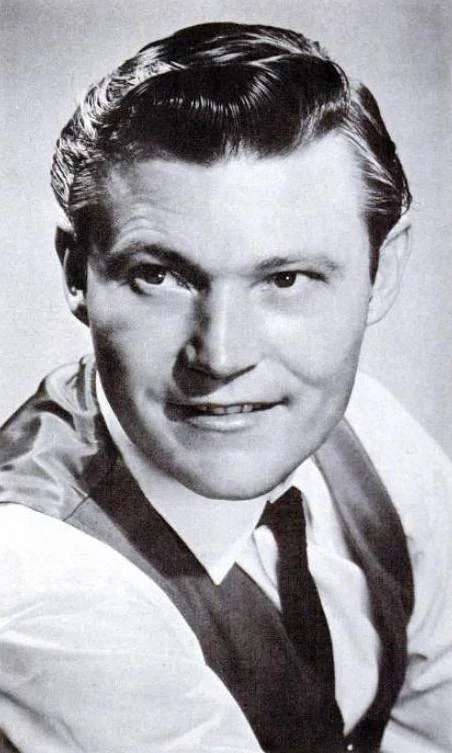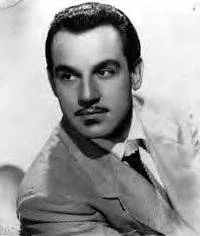Real Celebrities Never Die!
OR
Search For Past Celebrities Whose Birthday You Share

source:wikipedia.org
Ornette Coleman
Birthday:
09 Mar, 1930
Date of Death:
11 Jun, 2015
Cause of death:
Cardiac Arrest
Nationality:
American
Famous As:
Composer
Age at the time of death:
85
Ornette Coleman's Quote's
Early Life and Musical Beginnings
Ornette Coleman, a revolutionary figure in the world of jazz, was born on March 9, 1930, in Fort Worth, Texas. His life and career left an indelible mark on the landscape of jazz, challenging conventions and ushering in a new era of musical expression.
Growing up in a working-class family, Coleman exhibited an early interest in music. His first encounters with the alto saxophone and later the tenor saxophone shaped the trajectory of his life. Despite a lack of formal training, Coleman’s innate musical talent and curiosity fueled his exploration of unconventional sounds and harmonies.
Early Career and Innovation
Ornette Coleman’s professional journey gained momentum in the late 1940s and early 1950s when he began performing in R&B and bebop bands. However, his distinctive approach to music, marked by a rejection of traditional harmonic structures and a departure from established norms, faced initial resistance. Coleman’s innovative spirit led to the development of his “harmolodic” theory, a unique approach that emphasized the equal importance of melody, harmony, and rhythm.
Groundbreaking Albums and Recognition
In 1958, Coleman released his groundbreaking album “Something Else!!!! The Music of Ornette Coleman,” which challenged established jazz conventions. The release of “The Shape of Jazz to Come” in 1959 further solidified his reputation as a trailblazer. His quartet, featuring Don Cherry on trumpet, Charlie Haden on bass, and Billy Higgins on drums, became iconic for their collective improvisation and boundary-pushing compositions.
Influence and Acclaim
Ornette Coleman’s impact on jazz and music, in general, cannot be overstated. In 2007, he received the Pulitzer Prize for Music, recognizing his significant contributions to the art form. Albums like “Free Jazz: A Collective Improvisation” and “Change of the Century” continued to showcase his avant-garde vision. His ability to blend various genres and challenge established norms earned him acclaim and criticism in equal measure.
Fusion of Genres and Continued Innovation
Coleman’s 1972 album, “Skies of America,” marked a fusion of jazz and classical elements, demonstrating his versatility as a composer. Throughout his career, he collaborated with musicians across genres, pushing the boundaries of what jazz could be.
Personal Life and Philosophy
While Ornette Coleman’s professional life was marked by innovation and experimentation, his personal life reflected a complex and introspective individual. Known for his soft-spoken demeanor, Coleman was a private person who often let his music speak for itself. His commitment to his artistic vision sometimes led to controversies, but he remained steadfast in his pursuit of musical freedom.
Legacy and Influence
In 2006, the documentary “Ornette: Made in America” provided a glimpse into his life, shedding light on his influences, struggles, and the evolution of his musical philosophy. Coleman left this earthly realm on June 11, 2015.
Ornette Coleman’s legacy extends far beyond the confines of jazz. His influence can be heard in the works of countless musicians who continue to draw inspiration from his avant-garde approach. The harmolodic principles he championed opened new avenues for musical exploration, leaving an enduring imprint on the evolution of jazz and contemporary music.
Conclusion
In conclusion, Ornette Coleman’s life and career were a testament to the transformative power of artistic expression. From his humble beginnings in Texas to receiving the highest accolades in the music world, Coleman’s journey serves as an inspiration for those who dare to challenge the status quo and forge their path in the pursuit of creative freedom.
Name:
Ornette Coleman
Popular Name:
Ornette Coleman
Gender:
Male
Cause of Death:
Cardiac Arrest
Spouse:
Place of Birth:
Fort Worth, Texas, U.S
Place of Death:
New York City, U.S.A
Occupation / Profession:
Personality Type
Virtuoso: Bold and practical experimenters, masters of all kinds of tools. He was known for his ability to experiment with his jazz music.
Apart from playing the saxophone, Coleman was proficient in multiple instruments, including the trumpet and violin. This versatility allowed him to experiment with different sounds and textures in his compositions.
Coleman was largely self-taught and had little formal training in music.
Ornette Coleman developed the harmolodic theory, which became the conceptual foundation for much of his work. This theory emphasizes the equal importance of melody, harmony, and rhythm, providing a framework for free and collective improvisation.
Grammy Lifetime Achievement Award (2007)
MacArthur Fellowship (1994)
Pulitzer Prize for Music (2007)

